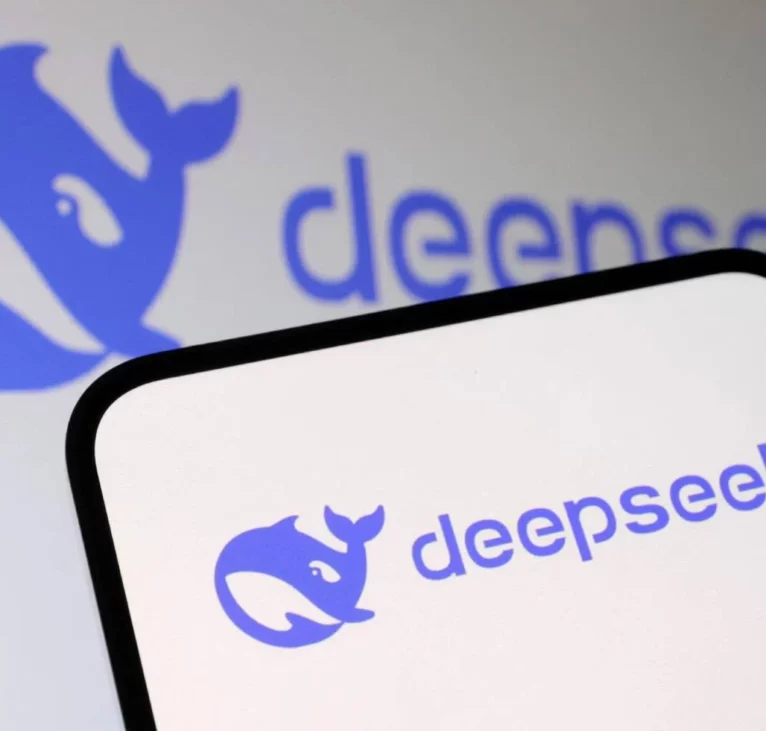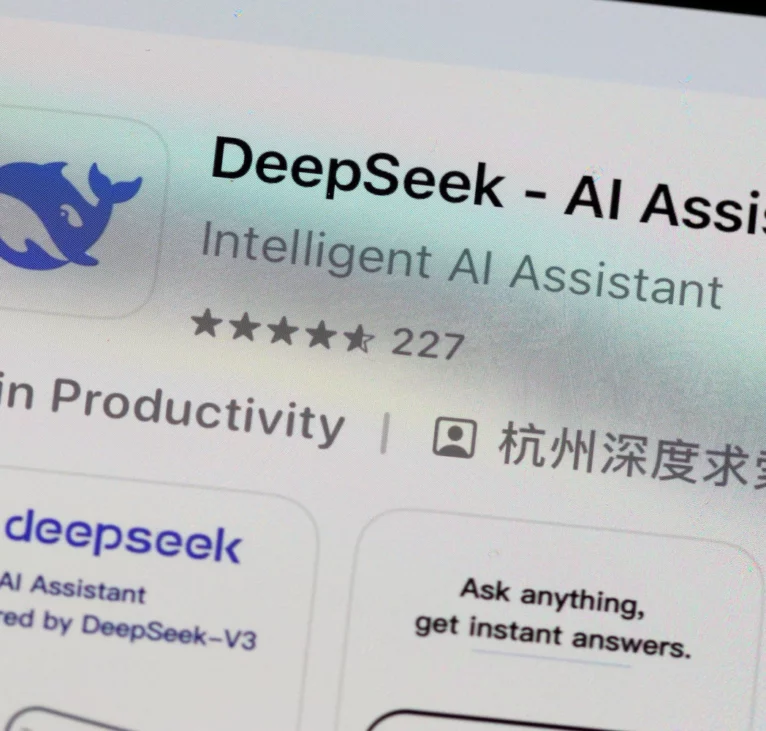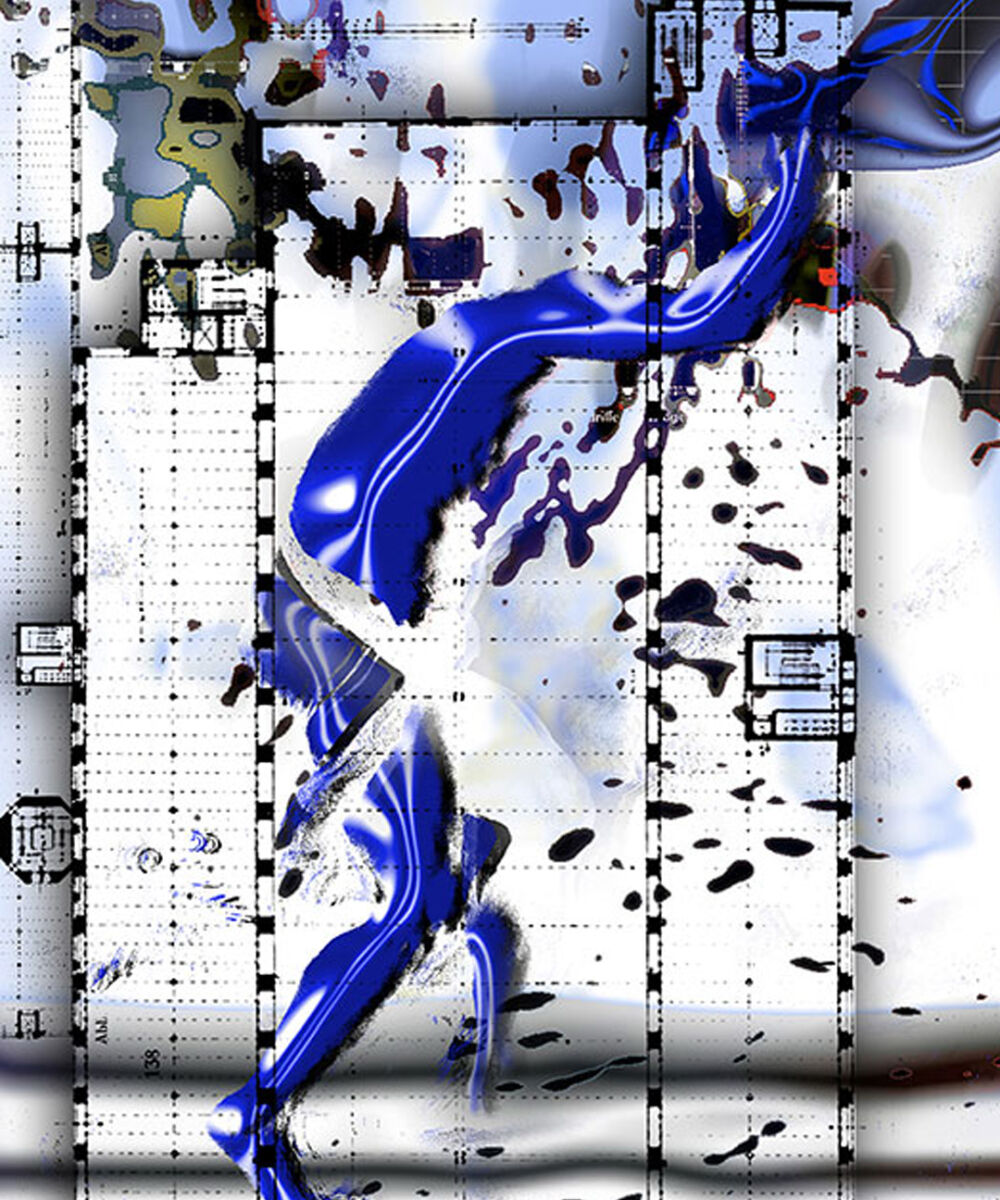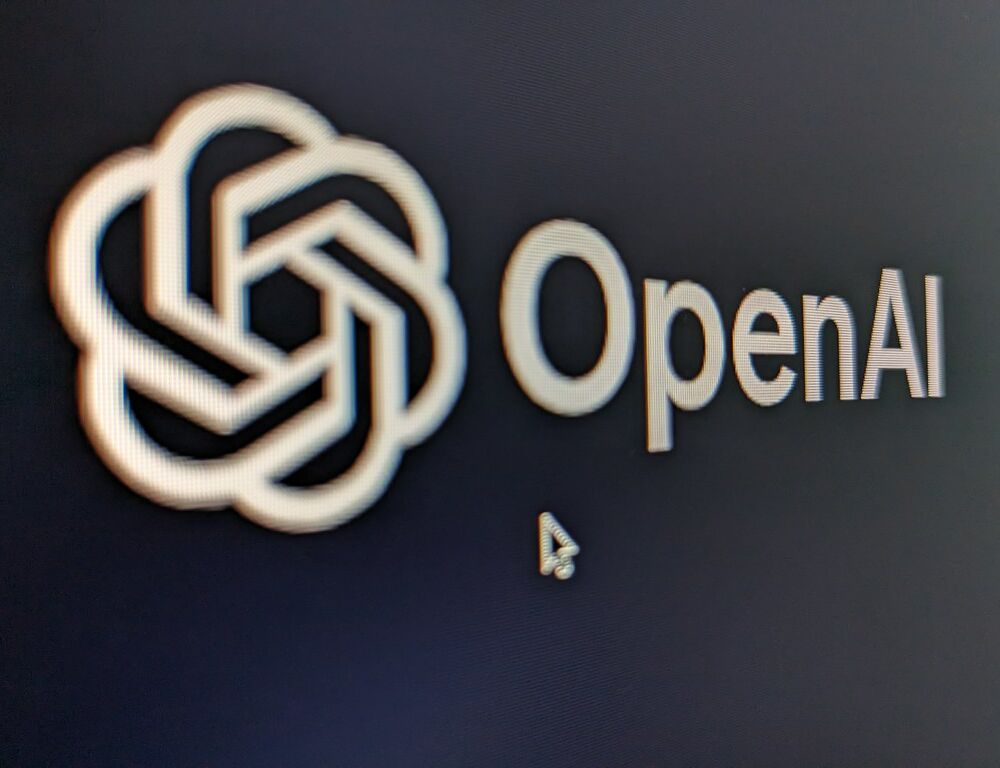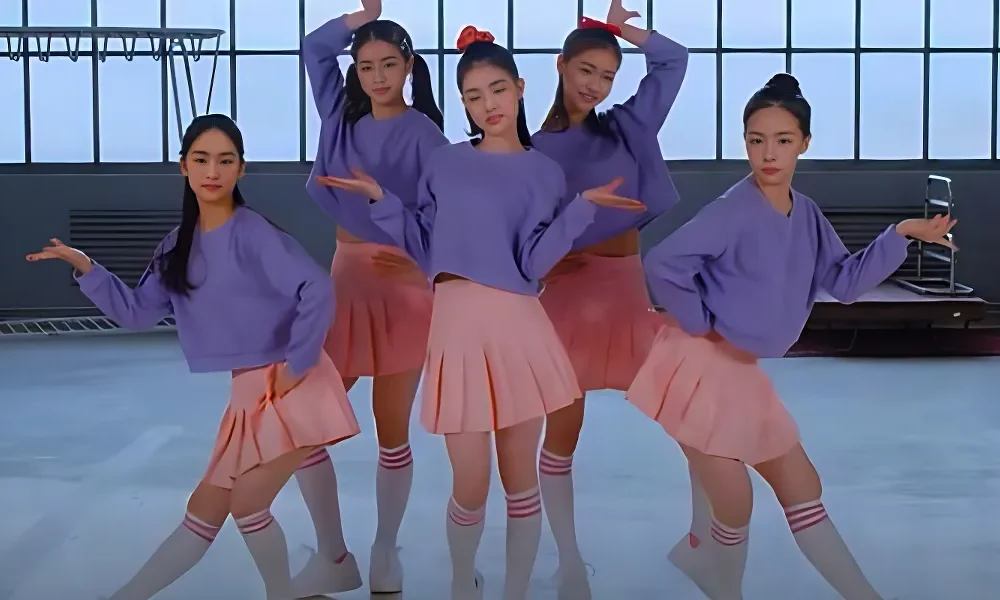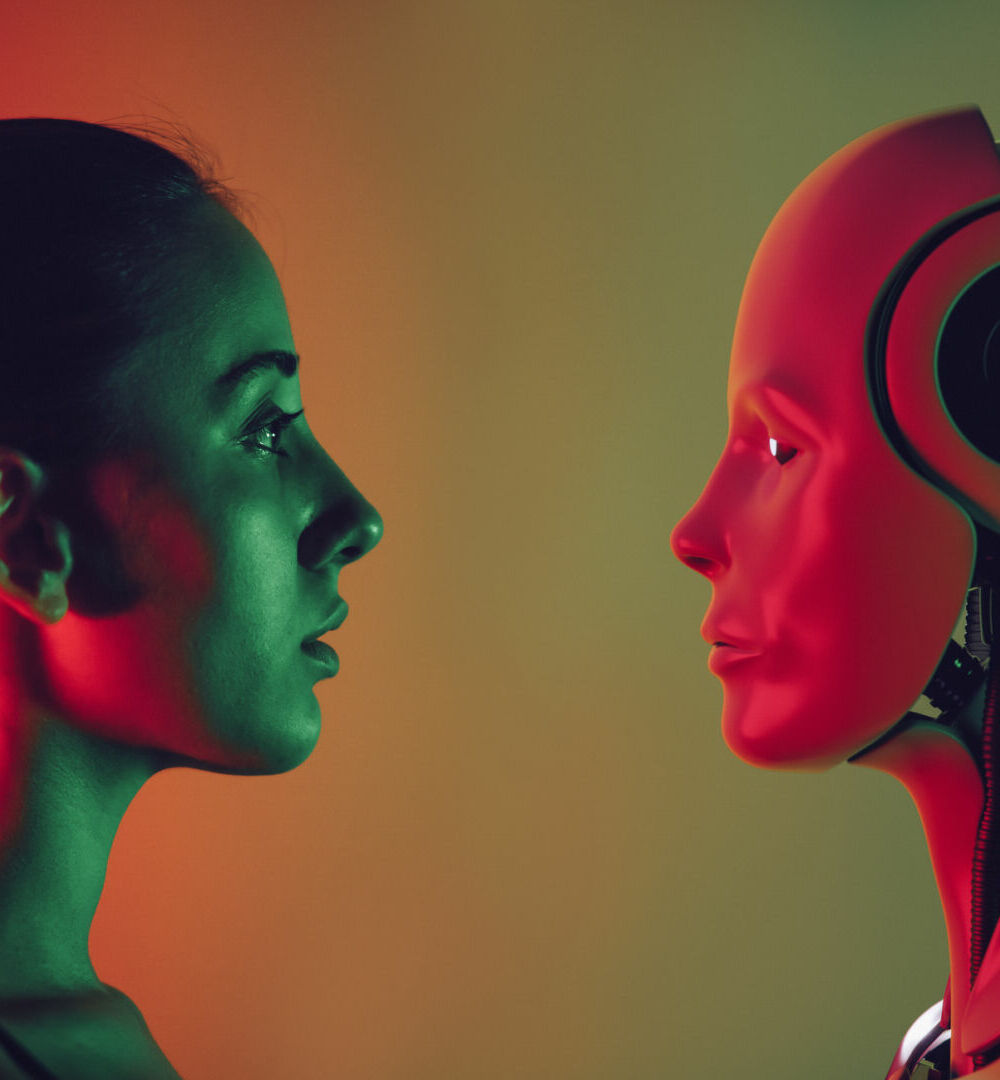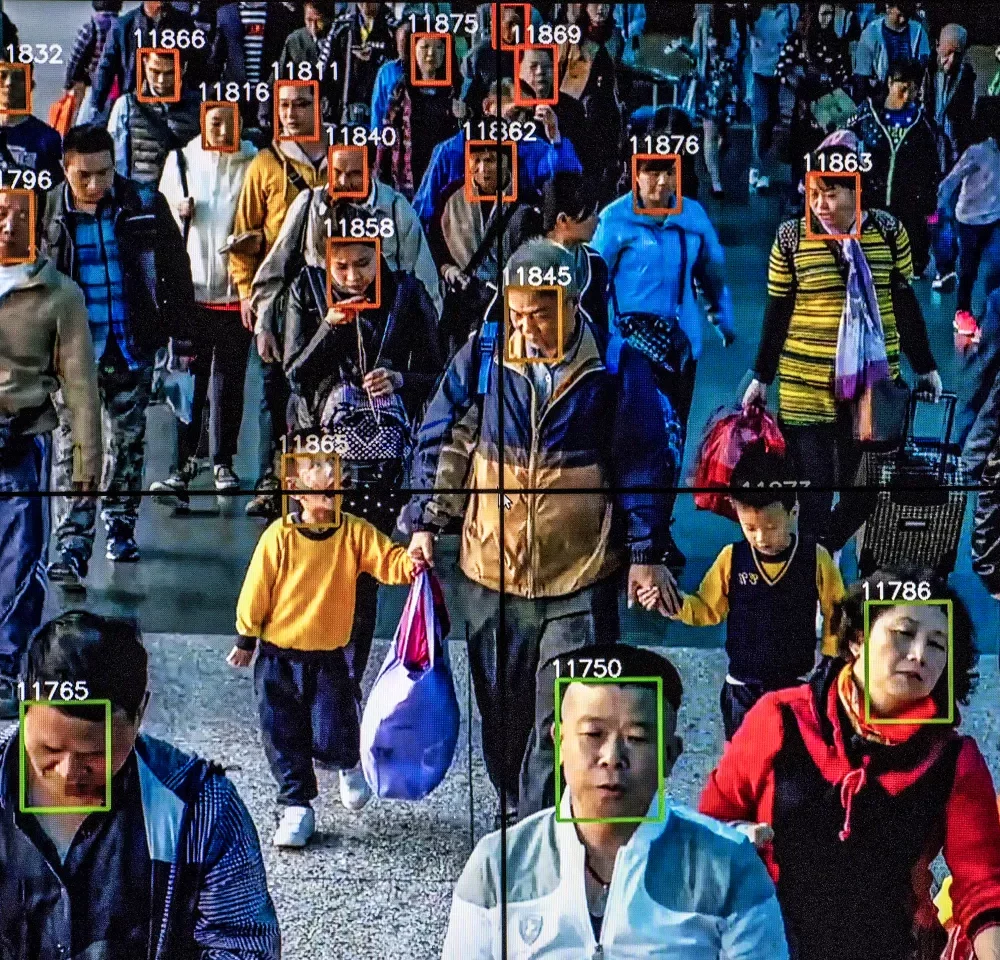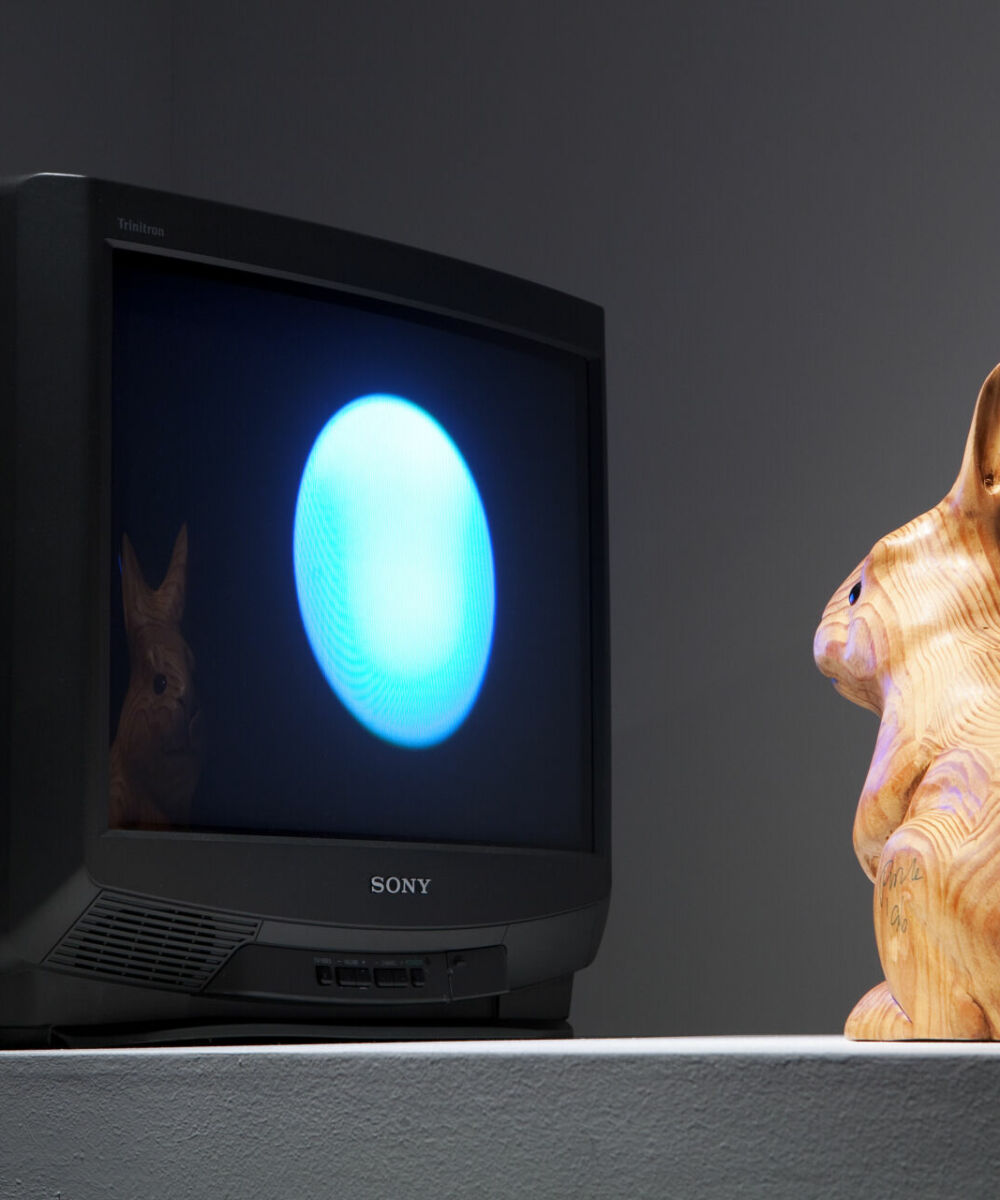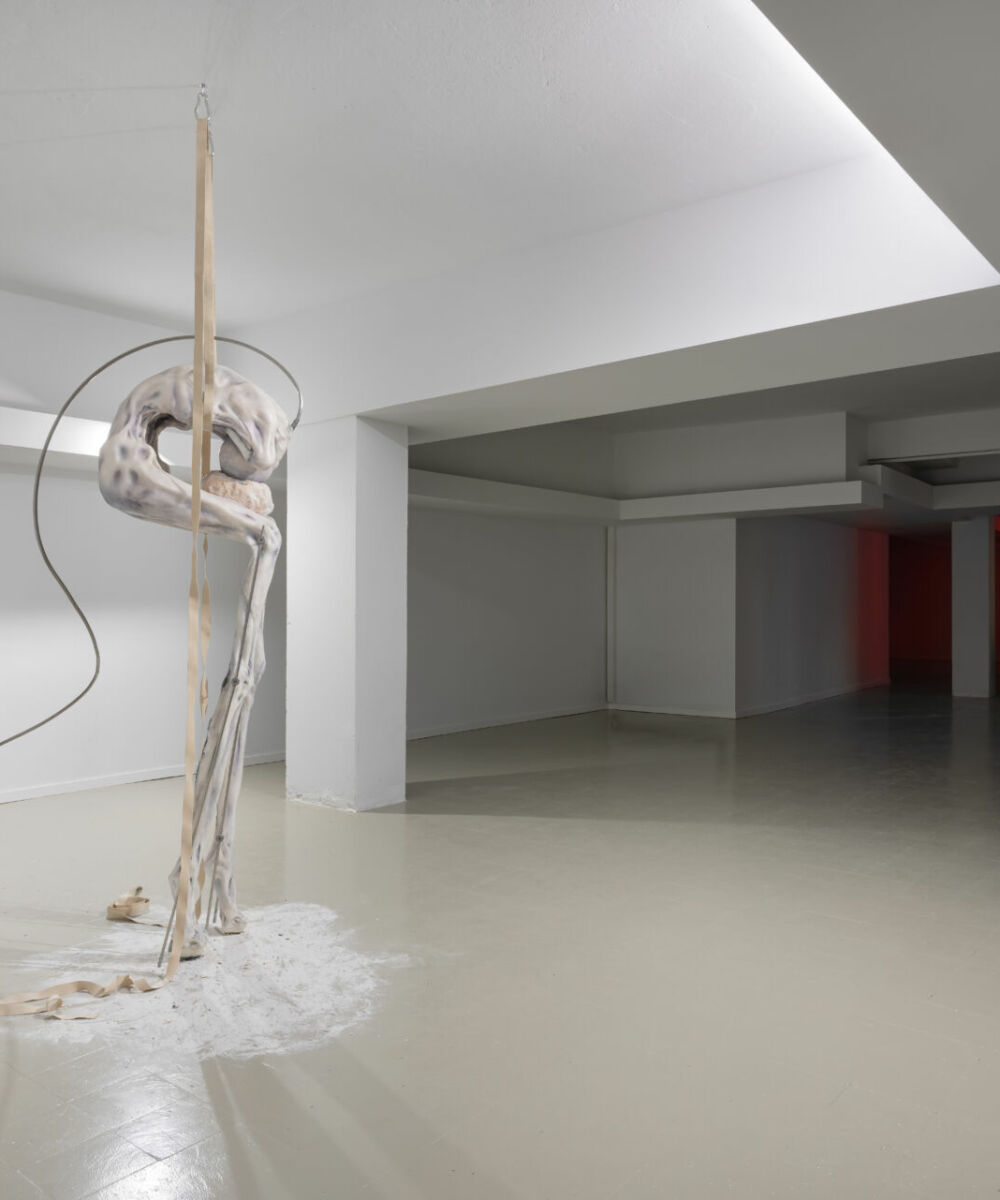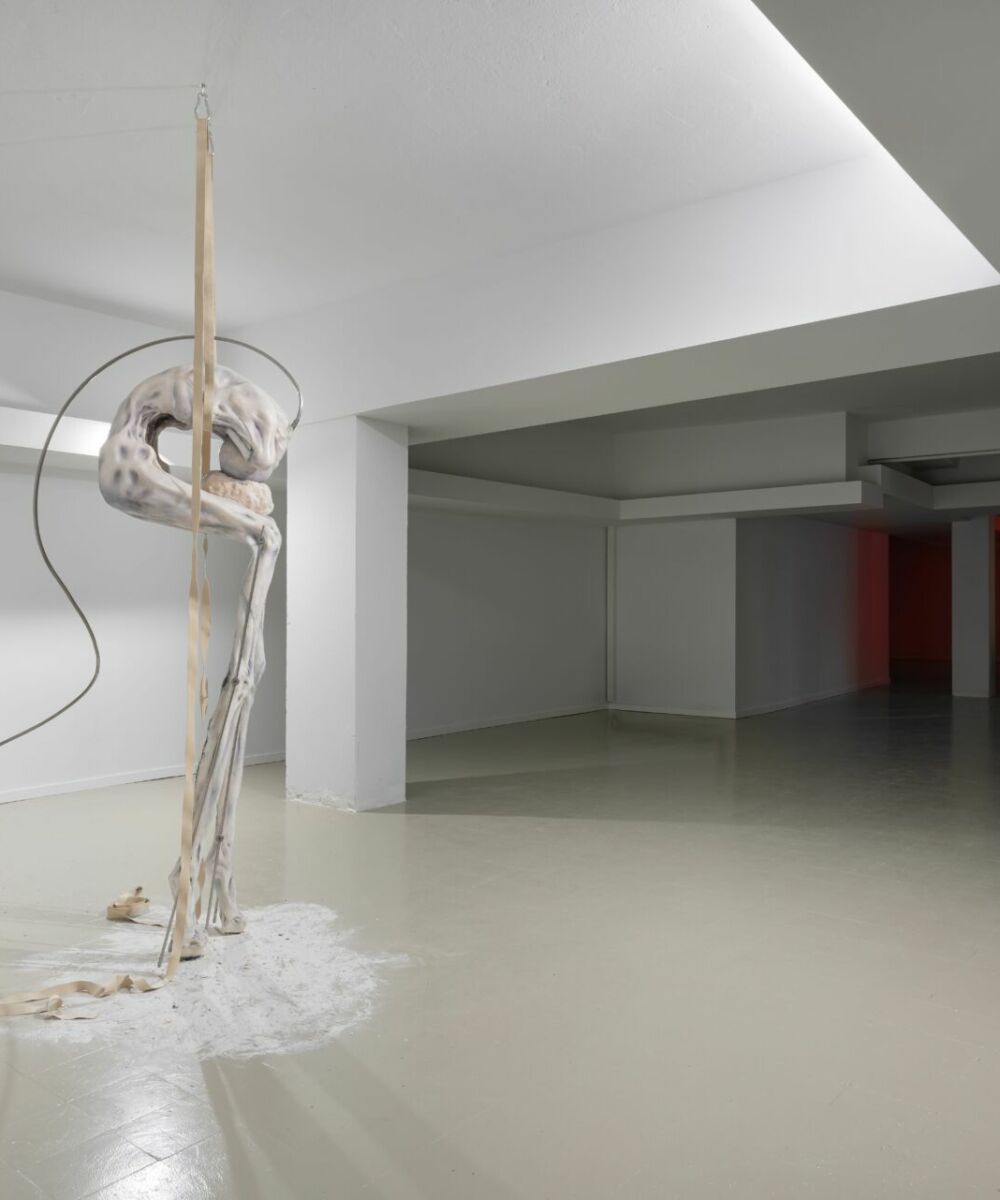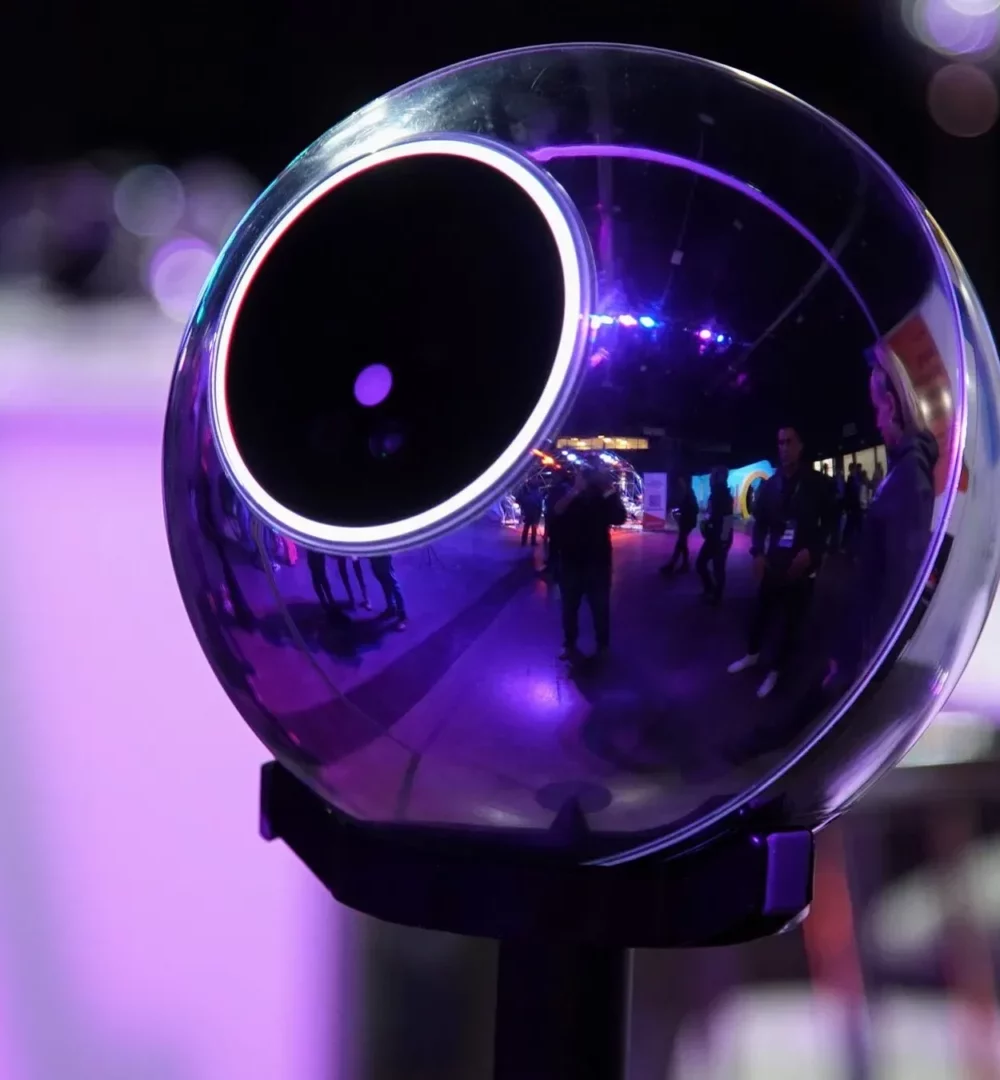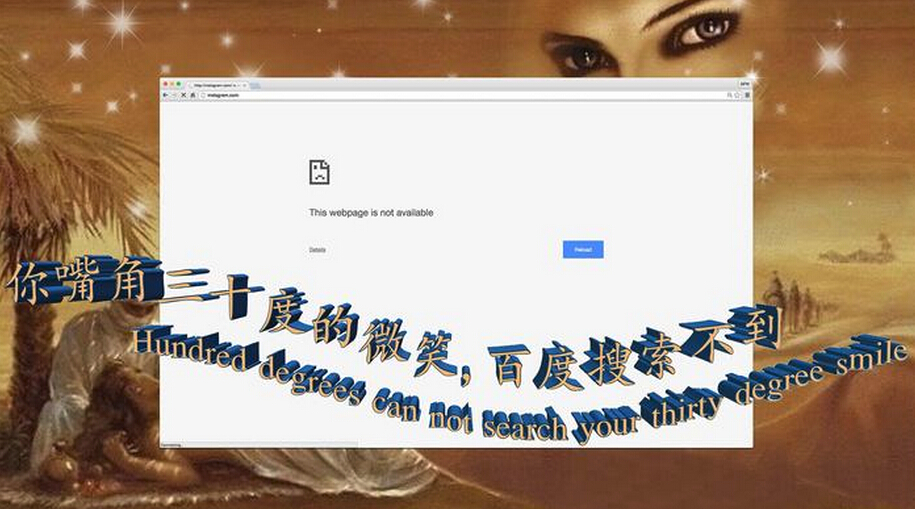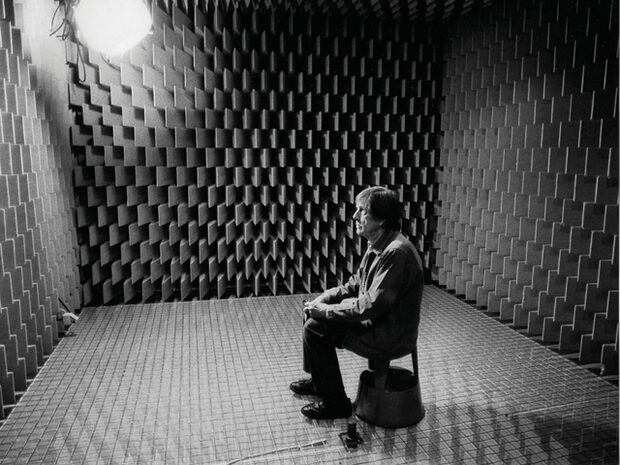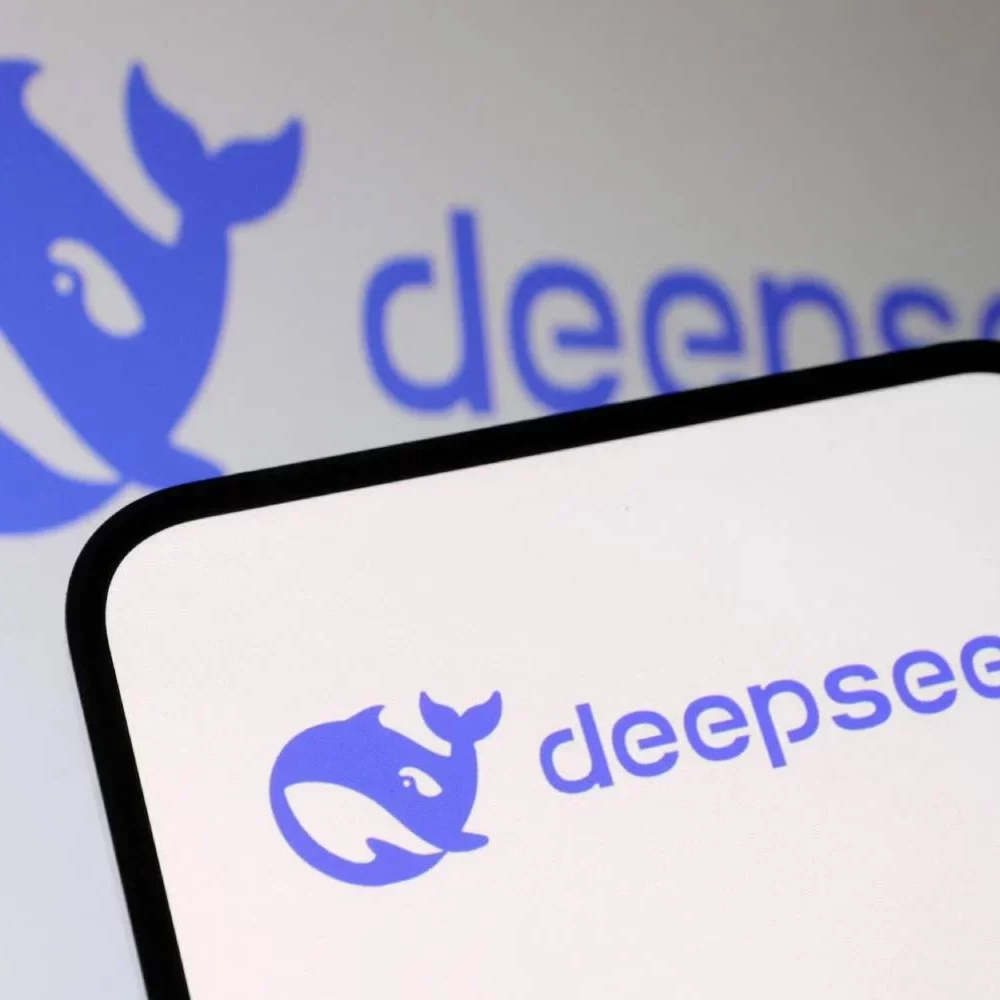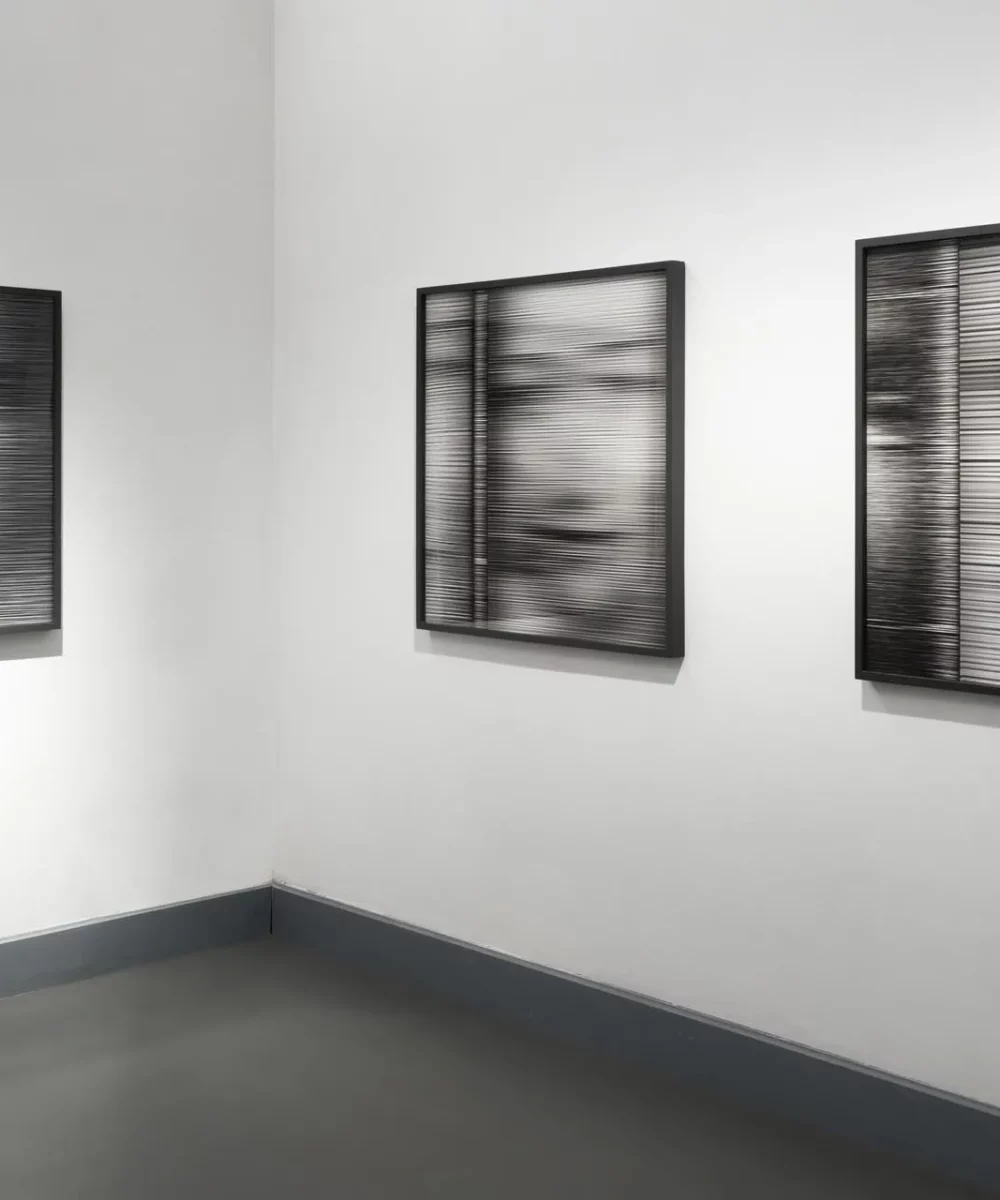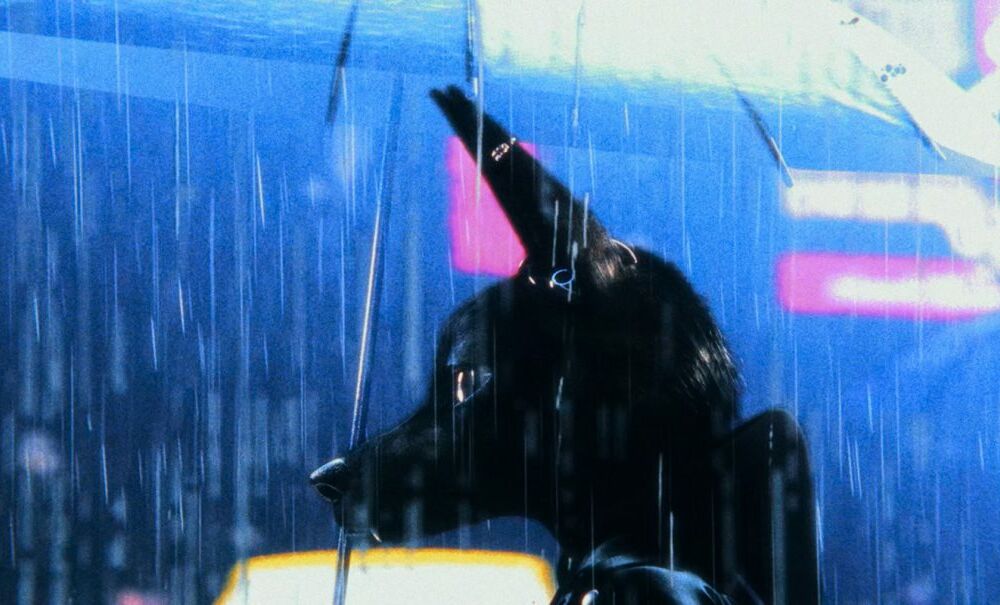LA RIVOLUZIONE ALGORITMICA
DeepSeek: The Chinese AI Challenging Western Hegemony
by Francesco D'Isa
A critical and philosophical look at artificial intelligence and its influence on society, culture and art. La Rivoluzione Algoritmica aims to explore the role of AI as a tool or co-creator, questioning its limits and potential in the transformation of cognitive and expressive processes.
China, often overlooked in the race for AI innovation, surprises the world with DeepSeek-V3: an open-source artificial intelligence model capable of competing with American giants.
While it does not entirely match the performance of ChatGPT, it comes remarkably close while consuming only one-tenth of the energy. This particular focus on efficiency could stem from the restrictions placed on China’s access to high-end chips, pushing researchers to prioritize energy optimization.
At the same time, DeepSeek has also unveiled Janus Pro, their most advanced image generation model. While not groundbreaking, it is still intriguing because, like DeepSeek, it is largely built on synthetic datasets, with an impressive 1:1 ratio. This approach is fascinating, especially for those who believed that such datasets would “poison” training materials.
On the open-source front, DeepSeek-V3 adopts a license even more open than Llama (Meta’s LLM). It is therefore unsurprising that Yann LeCun, head of Meta’s AI division, stated that this is not a “victory for China” but a “victory for open source”—a comment that subtly hints at concerns about falling behind. While Western big tech companies pursue increasingly large (and energy-hungry) models, Chinese research focuses on more streamlined solutions capable of reducing energy consumption by up to 90%.
However, the issue of transparency remains: DeepSeek releases its code but not its training data. Only smaller and “harmless” projects (like Minerva) take the risk openly, as copyright regulations remain unclear, and lawsuits are always a looming threat.
When it comes to politically sensitive topics—ranging from Trump to Gaza and transgender issues—DeepSeek appears aligned with the Western market. However, when the topic shifts to Chinese politics, responses are blocked. Some find this shocking, but it is worth noting that Western LLMs also have their own censorship and biases—they are simply closer to our cultural framework. There is no such thing as a bias-free LLM, nor can one exist, because it inevitably reflects the society in which it is developed. The only truly free solution is open-source models, as they can be modified and customized. In this regard, DeepSeek outperforms many Western competitors.
Adding to the broader picture is a concerned OpenAI, which complains of alleged violations through the practice of “distillation” (using one LLM to train another). This is an interesting debate, as shifting responsibility for potential copyright infringement exposes the inadequacy of copyright law in the age of artificial intelligence. Furthermore, the exclusion of copyrighted content only increases model biases, as some studies confirm.
Francesco D’Isa
Francesco D’Isa, trained as a philosopher and digital artist, has exhibited his works internationally in galleries and contemporary art centers. He debuted with the graphic novel I. (Nottetempo, 2011) and has since published essays and novels with renowned publishers such as Hoepli, effequ, Tunué, and Newton Compton. His notable works include the novel La Stanza di Therese (Tunué, 2017) and the philosophical essay L’assurda evidenza (Edizioni Tlon, 2022). Most recently, he released the graphic novel “Sunyata” with Eris Edizioni in 2023. Francesco serves as the editorial director for the cultural magazine L’Indiscreto and contributes writings and illustrations to various magazines, both in Italy and abroad. He teaches Philosophy at the Lorenzo de’ Medici Institute (Florence) and Illustration and Contemporary Plastic Techniques at LABA (Brescia).



